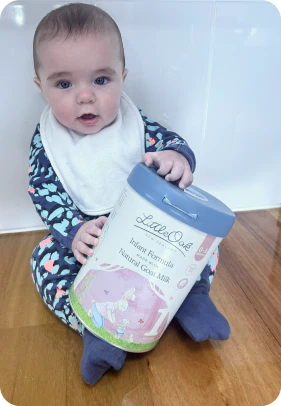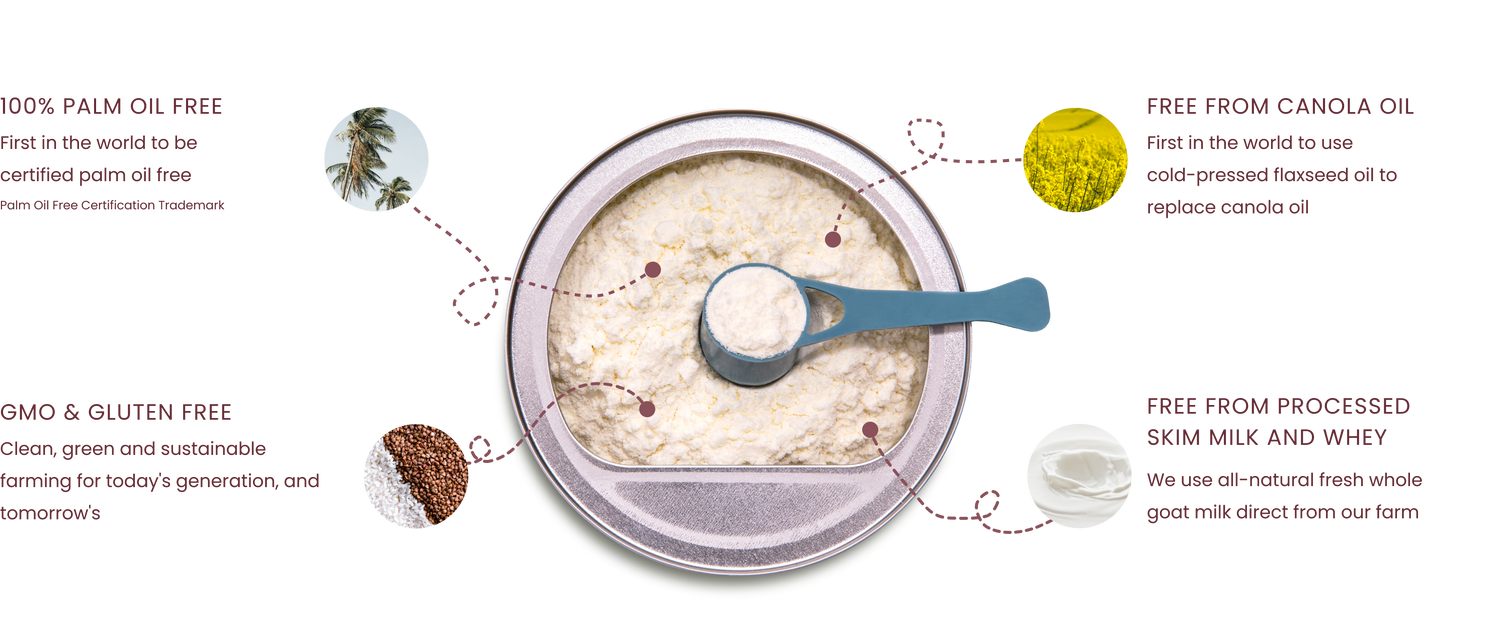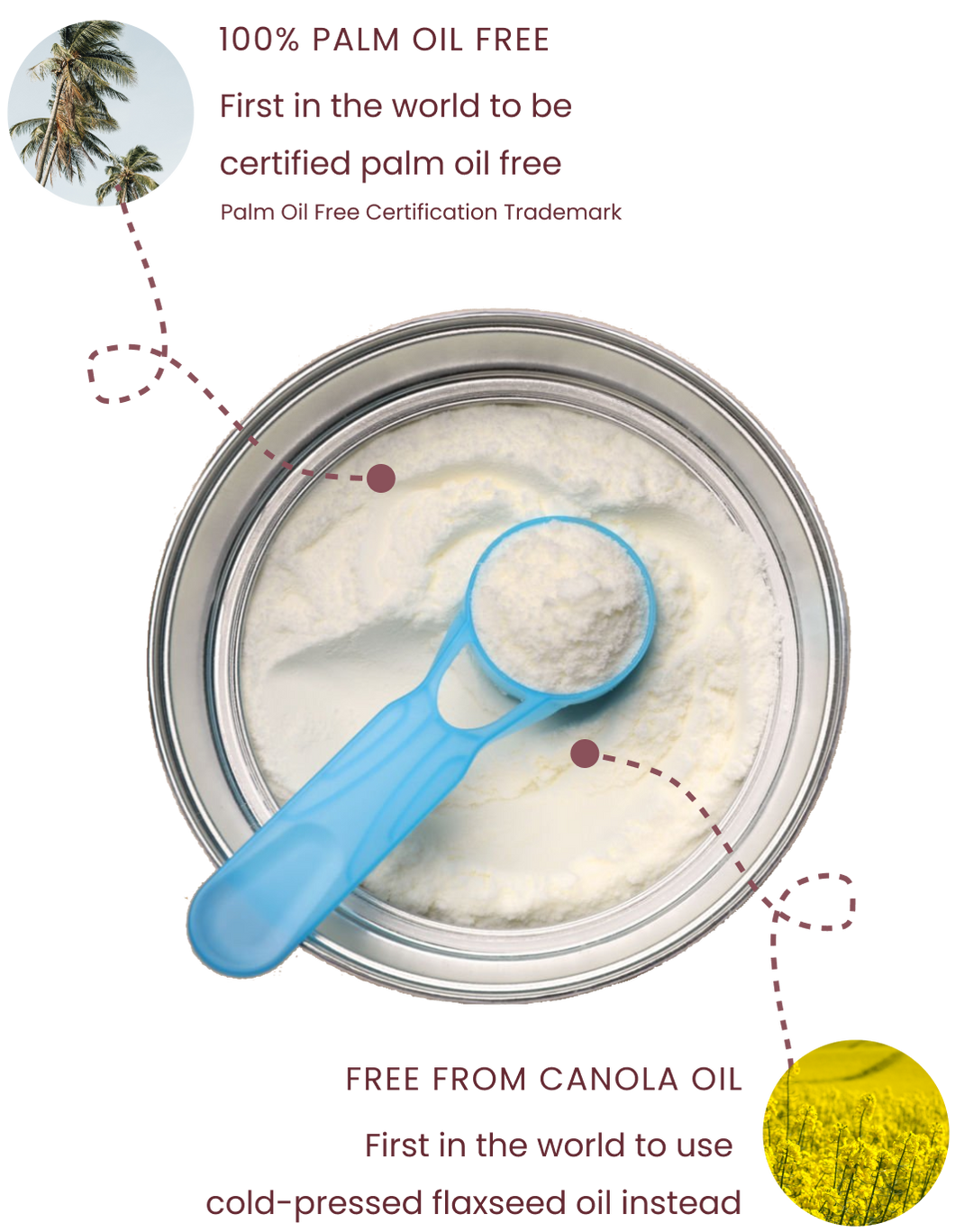From tantrums and tears to mealtime battles, many parents are familiar with the struggles of picky eating – in fact, it's a phase that affects up to one in four toddlers. From evolving taste buds to developmental changes, there are many reasons why our little ones might turn their noses up at certain foods. At LittleOak, we’re here to support you on all aspects of the parenting journey, offering a helping hand where we can. That’s why we sat down with clinical nutritionist, Emma Morris, to dive a little deeper into the causes of those picky preferences. While some of these are “transient” causes, leading to short-term fussiness, others can contribute to more persistent picky eating patterns. Let’s dive in...
Sickness
Ever lose your appetite when you’re under the weather? The same goes for our little ones. Whether it’s a viral or a bacterial infection, if your little one is unwell, it's perfectly normal for them to experience short-term fussy eating. If it’s persistent after they recover, however, there’s likely something more at play.
Normal developmental changes
When toddlers start developing their sense of independence, it's quite typical for some fussy eating to occur.
Sensory sensitives
Sensory sensitives are a normal part of your little one’s development. They could be refusing the food largely due to its texture, temperature, smell or appearance. Cooking foods in different ways could be a solution to this.
Reduced exposure to varying textures and tastes
If your little one has had little exposure to new foods, it’s quite common for there to be some resistance. This is why it's super important to introduce your child to a range of foods early in their solids journey and to offer them a diverse range of healthy options.
Stress or anxiety
If your little one experiences any sort of stress or anxiety – particularly around mealtimes – this could be a driver of picky eating habits. Emma mentioned that neurodivergence is also a common cause.
Early feeding difficulties from infancy
If your feeding journey with your little one hasn't been straightforward, it can also impact their experience with solid foods.
Underlying gut issues
Sometimes, underlying gut issues or imbalances can lead to picky eating habits. According to Emma, diversity in a child’s diet is the key to a healthy gut microbiome. Emma’s little tip? Incorporate some friendly bacteria into your little one’s meals! Yoghurt, kefir, sauerkraut, kimchi and other fermented foods contain excellent amounts of good bacteria.
During our conversation with Emma, she reminded us of an important principle: the division of responsibility. While it's our job as mums and dads to offer our little ones healthy, nutritious food, it is up to our children to accept and eat it. So, trusting our little ones to eat at their own pace is really important. While it's easier said than done, we really hope this perspective eases some of the anxiety and overwhelm surrounding mealtimes. Remember, you’re doing your very best, and that’s more than enough.
To learn more from Emma and her work, visit the Maia Mothers Collective.
....
LittleOak has been nourishing children for many years and feeds millions of infants and babies across the globe each and every day, in countries such as Australia, New Zealand and Singapore. In the US, we're proud to have our FDA compliant Toddler Milk available for families.




























